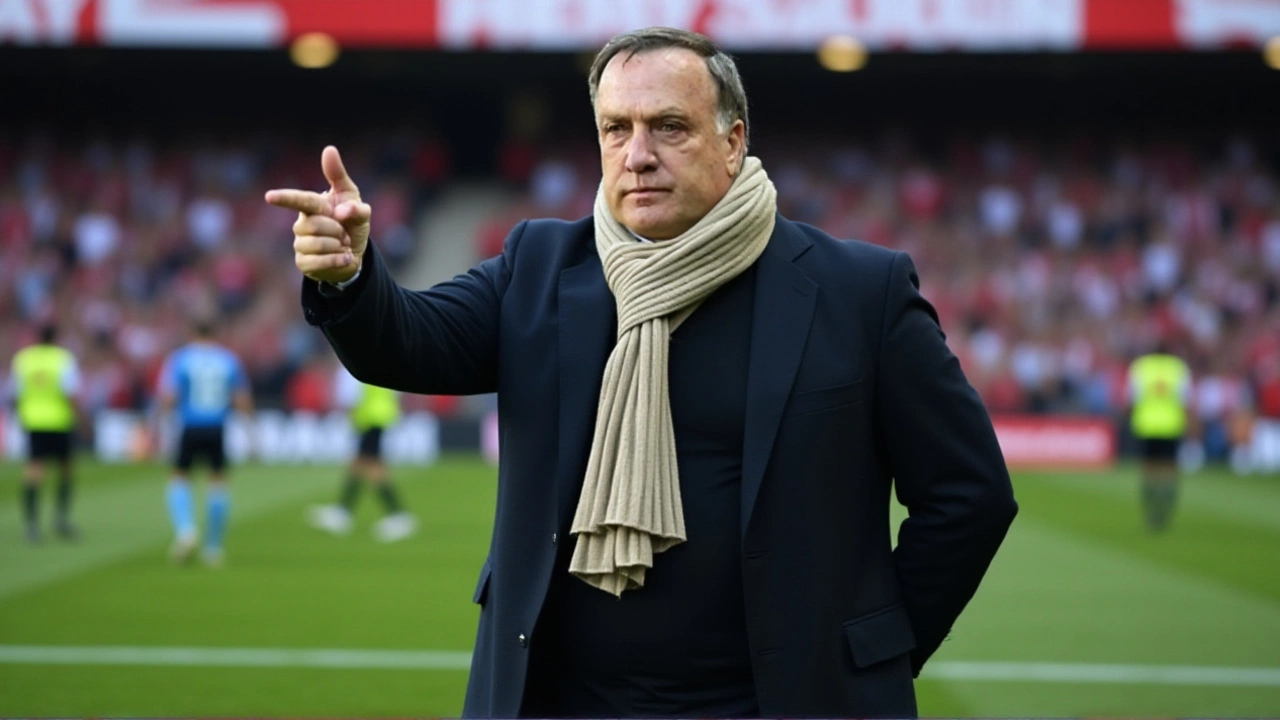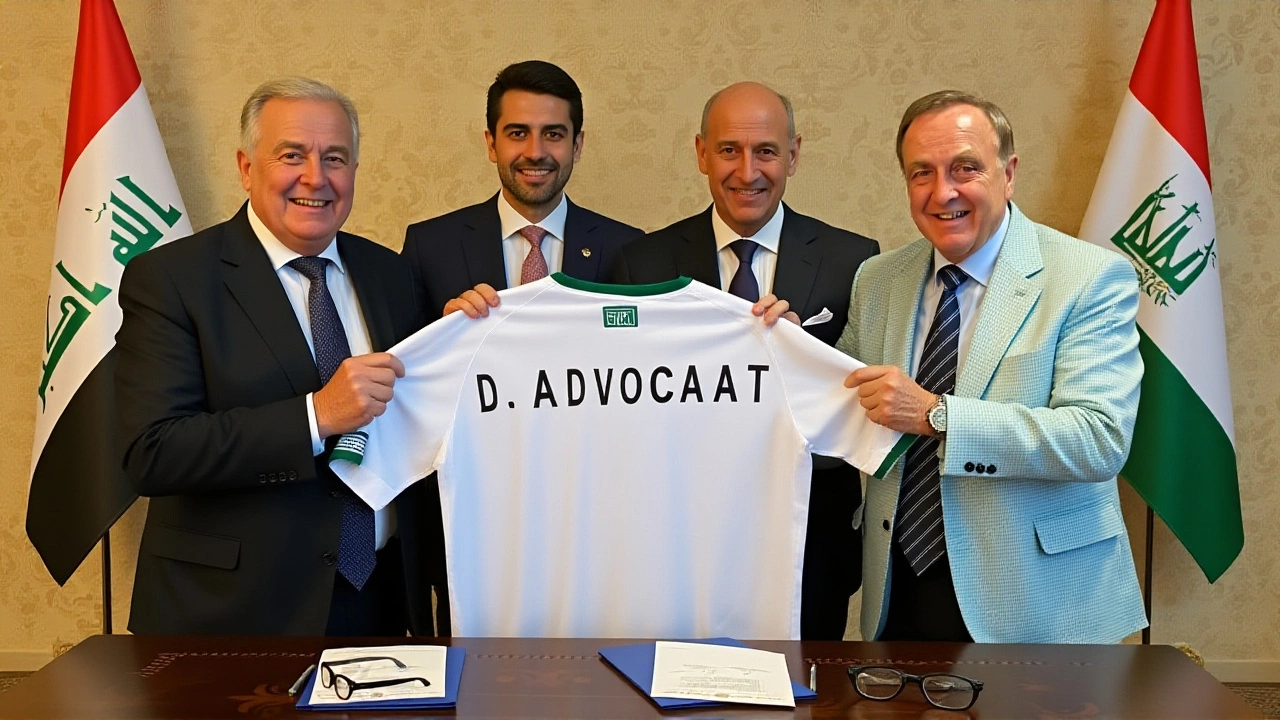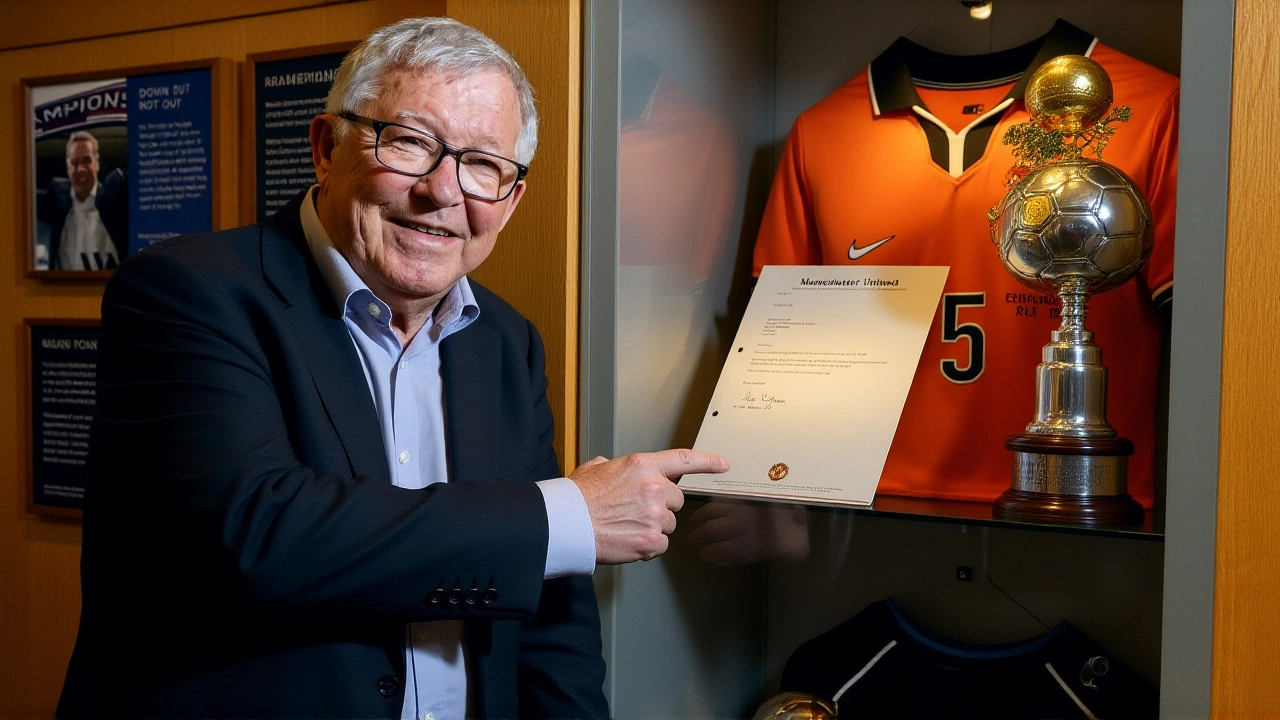
When Dick Advocaat walked away from Sunderland AFC on October 4, 2015, it wasn’t a firing—it was a farewell with grace. The 67-year-old Dutchman had been hired to keep the club in the Premier League, and he did just that, surviving on the final day of the 2014-2015 season. But by October 2015, with eight games played, zero wins, and just eight points, the club sat 19th. The pressure was mounting. Advocaat didn’t wait for the axe. "I feel it is the right time to do this — not for me, but for the club," he said in his resignation statement. It was the kind of line you only hear from men who’ve seen too many dressing rooms burn down. His assistant, Zeljko Petrovic, left with him. The Stadium of Light fell silent. And for a month, Sunderland drifted—until David Moyes arrived in November, turning their season around to finish 10th, 14 points clear of relegation.
From Relegation Battle to Record-Breaking Glory
Advocaat’s time at Sunderland ended in disappointment, but it was never the end of his story. Fast forward to October 15, 2024, and the 77-year-old was standing on the touchline at the National Stadium in Kingston, Jamaica, watching his Curaçao side hold on for a 1-1 draw. That single point was enough. It meant Curaçao topped their Concacaf group with 18 points from 10 matches. For a nation of just 160,000 people, with no professional league and minimal funding, this was unthinkable. They were going to the World Cup.
And here’s the twist: Advocaat, who turns 78 on September 27, 2025, will become the oldest manager ever to lead a team at a World Cup finals. He’s about to break the record held by Germany’s Otto Rehhagel, who was 71 years and 317 days old when he guided Greece in their 2010 campaign. Advocaat isn’t just breaking a record—he’s rewriting what’s possible at the highest level of football.
A Manager Who Never Stopped
Advocaat didn’t stumble into this moment. He’s been building toward it for decades. He managed the Netherlands national team three separate times—first in 1992, then again in 2002, and finally in 2004. He coached South Korea in 2005, Belgium from 2009 to 2010, Russia from 2010 to 2012, and even Iraq in 2021. He’s led Rangers in Glasgow and had two stints at Sunderland. He’s managed in the UAE, Serbia, and now, the Caribbean.
His career isn’t defined by trophies—it’s defined by resilience. He doesn’t chase glamour. He takes on impossible jobs. And he wins anyway.

Why Curaçao’s Qualification Is Historic
Curaçao isn’t just small—it’s tiny. The island’s entire population is smaller than some Premier League stadiums’ seating capacity. Their football federation doesn’t have a training ground that meets FIFA standards. Players work day jobs. Some fly in from the Netherlands for matches. Yet they finished ahead of Jamaica, Honduras, and Panama in a group that included two former World Cup participants. They didn’t win the group—they survived it. And Advocaat, with his old-school discipline and tactical patience, made it work.
"Arguably his greatest against-all-odds glory," ESPN called it. And they’re right. He didn’t have stars. He didn’t have money. He had grit. And he turned a group of part-timers into World Cup qualifiers.
What’s Next for Advocaat—and Curaçao?
Now, the real test begins. The 2026 FIFA World Cupin Canada, Mexico, and the United States will be the largest ever, with 48 teams. Curaçao will be in Group A, likely facing the USA, Uruguay, and another powerhouse. No one expects them to win. But Advocaat doesn’t care about expectations. He’s spent his career defying them.
At 78, he’ll be the oldest man on the touchline. His players, many of them under 25, will be playing their first World Cup. The media will focus on his age. But those who’ve watched him work know: age isn’t a liability. It’s an advantage. He’s seen everything. He’s lost everything. And he’s still here.

The Legacy of a Quiet Revolutionary
Dick Advocaat never sought the spotlight. He didn’t do flashy press conferences or viral memes. He worked quietly, in dressing rooms from Amsterdam to Kingston. He’s managed giants and minnows with the same calm intensity. His resignation from Sunderland wasn’t a failure—it was a pivot. And now, with Curaçao, he’s doing something no one else in football history has: leading a nation smaller than a London borough onto the world’s biggest stage.
When the whistle blows in June 2026, and Advocaat walks out with his team, the world will see more than a manager. They’ll see a man who refused to retire, who kept going when others would’ve rested. And for a man who’s spent his life fixing broken teams, this might be his most beautiful project yet.
Frequently Asked Questions
How did Curaçao qualify for the 2026 World Cup despite having no professional league?
Curaçao qualified by finishing top of their Concacaf group with 18 points from 10 matches, including a crucial 1-1 draw against Jamaica on October 15, 2024. Despite lacking a domestic professional league, the team relied on players based in the Netherlands, Belgium, and the U.S., many of whom hold Curaçaoan heritage. Advocaat’s disciplined, defensive structure allowed them to grind out results against stronger opponents.
Why did Dick Advocaat resign from Sunderland in 2015?
Advocaat resigned after Sunderland went winless in their first eight Premier League matches of the 2015-2016 season, leaving them 19th with only eight points. Though still three points above relegation, he felt his continued presence was harming the club’s morale and future. His statement—"not for me, but for the club"—showed his integrity. David Moyes replaced him and led the team to a 10th-place finish.
Who held the record for oldest World Cup manager before Advocaat?
Germany’s Otto Rehhagel held the record, managing Greece at age 71 years and 317 days during their 2010 World Cup campaign. Advocaat, who will be 78 during the 2026 tournament, will surpass that by nearly seven years. No other manager in history has led a team at the World Cup past age 75.
What makes Advocaat’s Curaçao project so remarkable?
Curaçao’s population is smaller than the capacity of many English Championship stadiums. They have no professional league, limited funding, and most players work outside football. Advocaat took a team with no history of success and turned them into World Cup qualifiers through tactical discipline, player loyalty, and decades of experience—proving that football isn’t about resources, but leadership.
Has Advocaat ever managed a team to a major trophy?
Yes—though not always in the spotlight. He won the Dutch Eredivisie with PSV Eindhoven in 1988 and 1989, and the Belgian league with Club Brugge in 1997. He also led the Netherlands to third place at Euro 2000. But his greatest achievement may be Curaçao’s World Cup qualification: a triumph of will over wealth, where the odds were 100-to-1 against him.
What’s Advocaat’s management style known for?
He’s a defensive tactician who emphasizes organization, discipline, and counterattacking. He doesn’t rely on flair—he relies on structure. Players often describe him as calm, methodical, and deeply intuitive about team dynamics. At Curaçao, he turned a group of amateurs into a unit that could hold its own against professional sides, proving his philosophy works at any level.